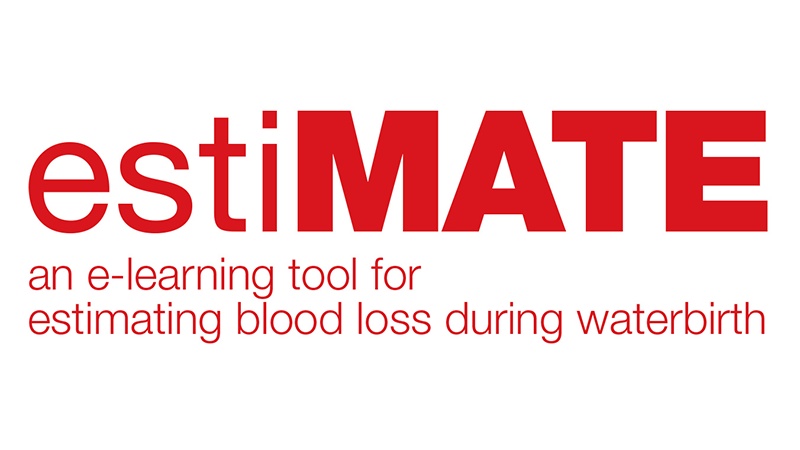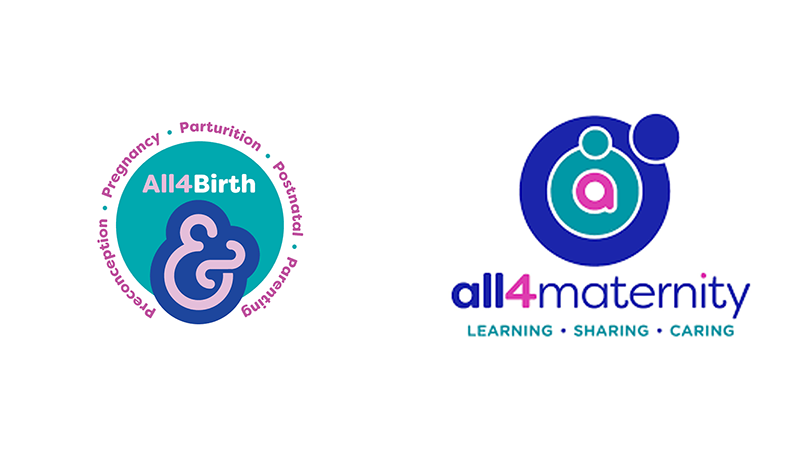Research by Dr Ethel Burns, Senior Lecturer in Midwifery, has led to greater understanding of how being immersed in water offers key benefits to women and their babies during childbirth. It has also sparked the development of a new training resource to support midwives using birthing pools.
Uptake of birthing pools is growing. In 2019, the UK Care Quality Commission survey found that more than 1 in 10 (11%) of births take place in water. This is likely to be an underestimate given that just 50% of units took part in the survey, and the statistics don’t include women who were in labour, but did not give birth in water.
Throughout her career as a clinical midwife and researcher, Ethel has focused on water immersion as an important option for women during childbirth. In 1990 she played a central role in introducing the first plumbed-in birthing pool in an NHS maternity unit. She has carried out both national and international reviews on birthing pool use, including evidence-based Cochrane Reviews (in 2009 and 2018) which brought together all the evidence-based research at the time.
Dr Ethel Burns
Senior Lecturer in Midwifery, Research Group Lead Maternity Care (OxMater)



